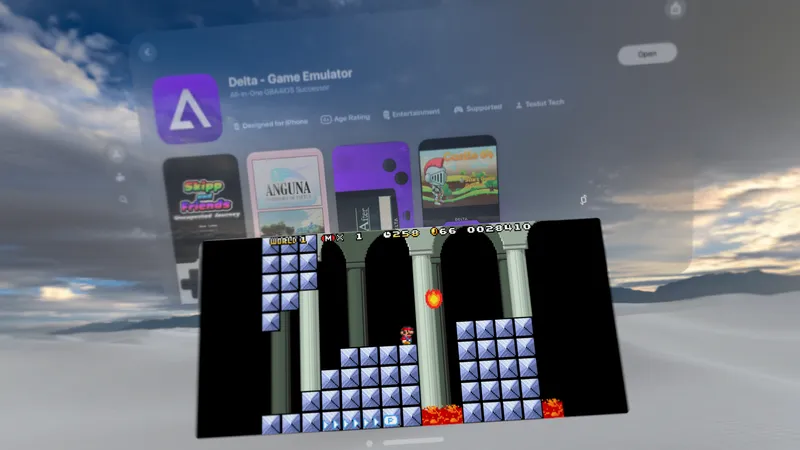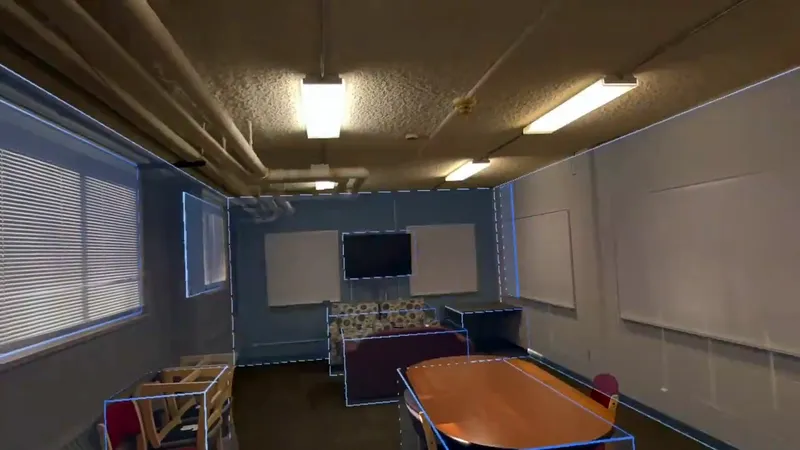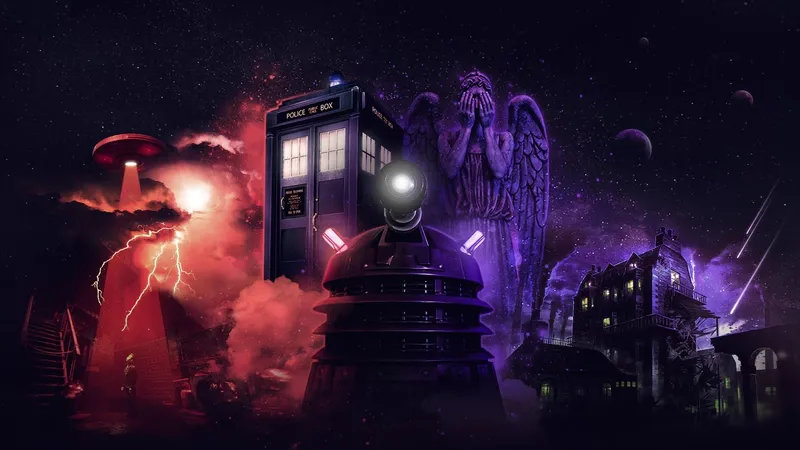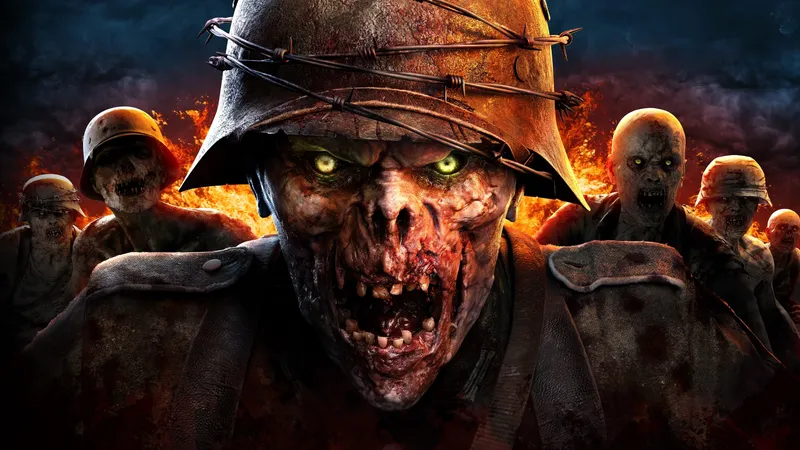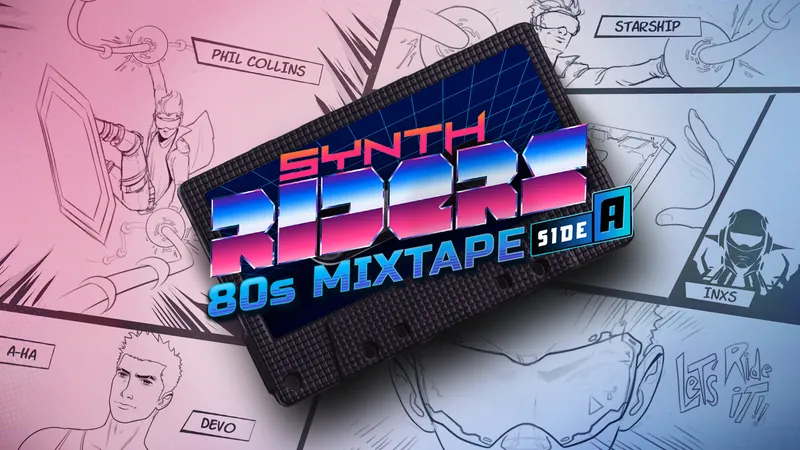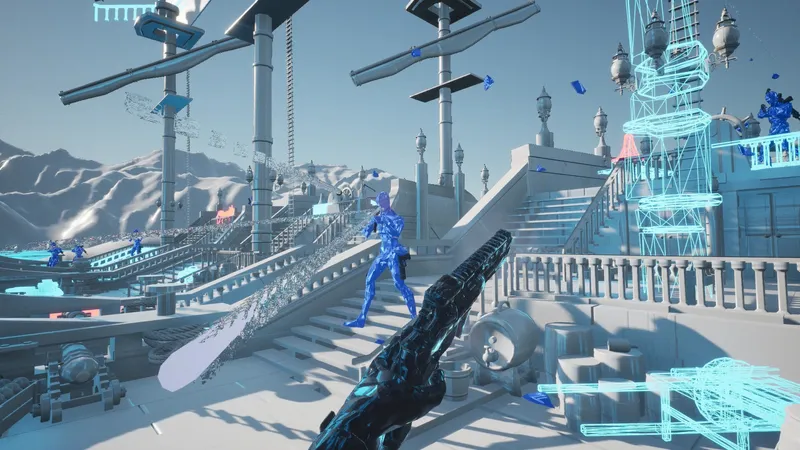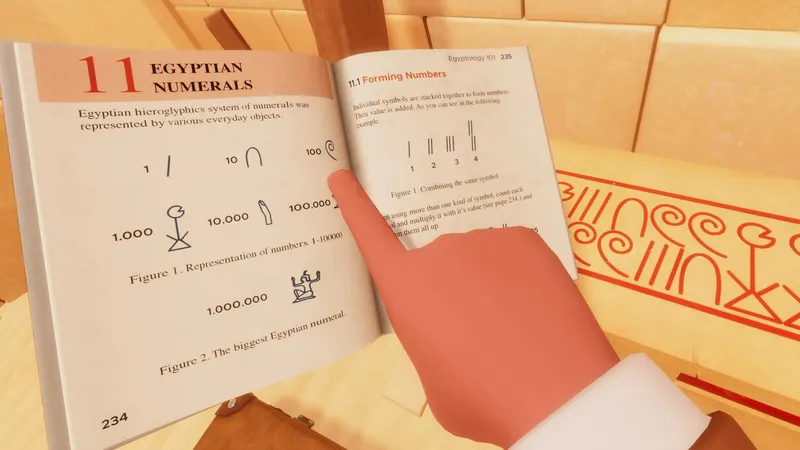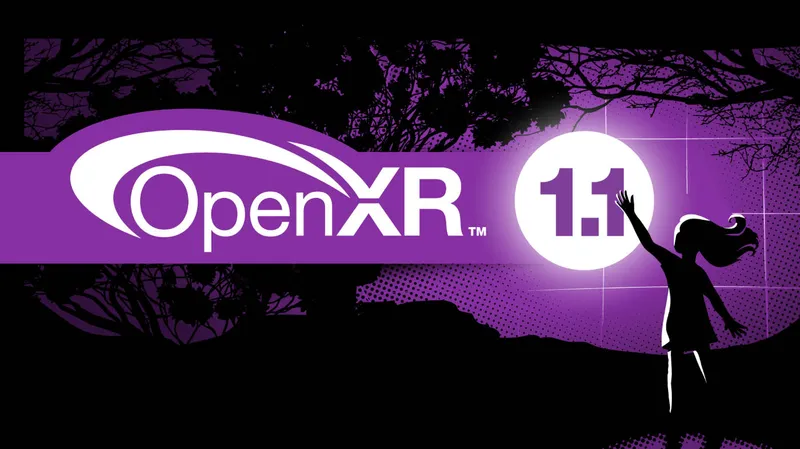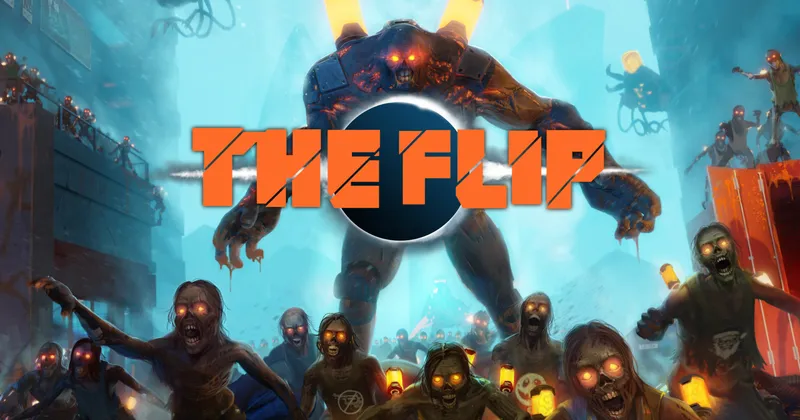I hear the panicked voice of a woman on the phone with a 911 officer, “there is someone screaming outside, I think they are yelling ‘help,'” as she cowers by her window. The conversation between her and the officer continues to play as I look around the apartment. The scene shifts to another call and another, I am in the room with each of the people who called in George Zimmerman’s attack on Trayvon Martin, seeing the story in a way I never had before.
Nonny de la Peña’s company, the Emblematic Group, is focused on the new medium of immersive journalism, a medium Nonny herself has worked to establish. Her most recent piece takes a look at the events of the Trayvon Martin case which swept the nation last year. In case you were living under a rock, the case involved a white man, George Zimmerman, who decided to take ‘the law’ into his own hands and killed a young black man Trayvon Martin during a struggle. Zimmerman was acquitted of murder charges under Florida’s “Stand your ground” law, which essentially allows for murder in cases of self defense without requiring you to have to retreat first.
In the virtual reality experience, one of the defining moments is during the beginning when Zimmerman is sitting in his car watching Martin while Zimmerman is on the phone with the police. After bit, Martin takes off into the night and Zimmerman gets out of his car and starts running after him. As he does this you can hear the officer on the other end ask “are you following him?” to which Zimmerman replies, “yes,” followed by the officer saying “you don’t need to do that,” as the scene fades to black. The rest of the interactions of the evening are then told through the 911 calls from the homes of people around the murder scene. This was a purposeful move, as there is not video of the actual events. Nonny did not wish to try to recreate something that couldn’t be fact checked. So she instead went with telling it from what we do know on record.
The experience does an incredibly good job at making you feel empathetic for Martin, who was in the eyes of many, the victim in this case. That is one of the things that makes immersive journalism such a powerful medium, but it has to be done responsibly and without adding too much bias and slant. Nonny is fully aware of this, and it shows during the experience, which presented only the facts. That said, my personal interpretation was that Nonny has an opinion on this case that aligns with the one I have expressed, cutting out on Zimmerman running after Martin despite the officer’s request not to was a powerful decision that definitely left an impression in my mind that at the very least places some burden of guilt on Zimmerman.
This experience, as well as Nonny’s others like her “Project Syria” experience and “Hunger,” are the first real steps for the new medium which looks to be to future of the journalism. By actually placing someone in an experience you completely change the way it affects them, and the social ramifications are potentially huge. We have seen it with the Internet and with Twitter, which have given the world a more complete perspective by letting everyone contribute to the story. Immersive journalism captures the story from all angles, you can’t hide anything from the camera, it has the power to be both the least and most biased news platform out there, and which way it goes is all dependent on the hands in which it is placed. I get personally nervous thinking about the power that may be placed in the wrong hands, organizations like Fox News and MSNBC for example are famously biased to the right and left respectively, and bringing those biases into immersive journalism could be far more damaging than it is helpful. On the other side, it could inspire people to take action on important social issues in a way no other medium could. By creating an empathetic connection with a situation you establish a reason to act, and when that reaches a mass media scale you can truly make an impact on the world with a single piece. It will be interesting to see how this plays out culturally over the next decade or so. It’s as Uncle Ben told Peter Parker in Spiderman, “with great power, comes great responsibility.”


